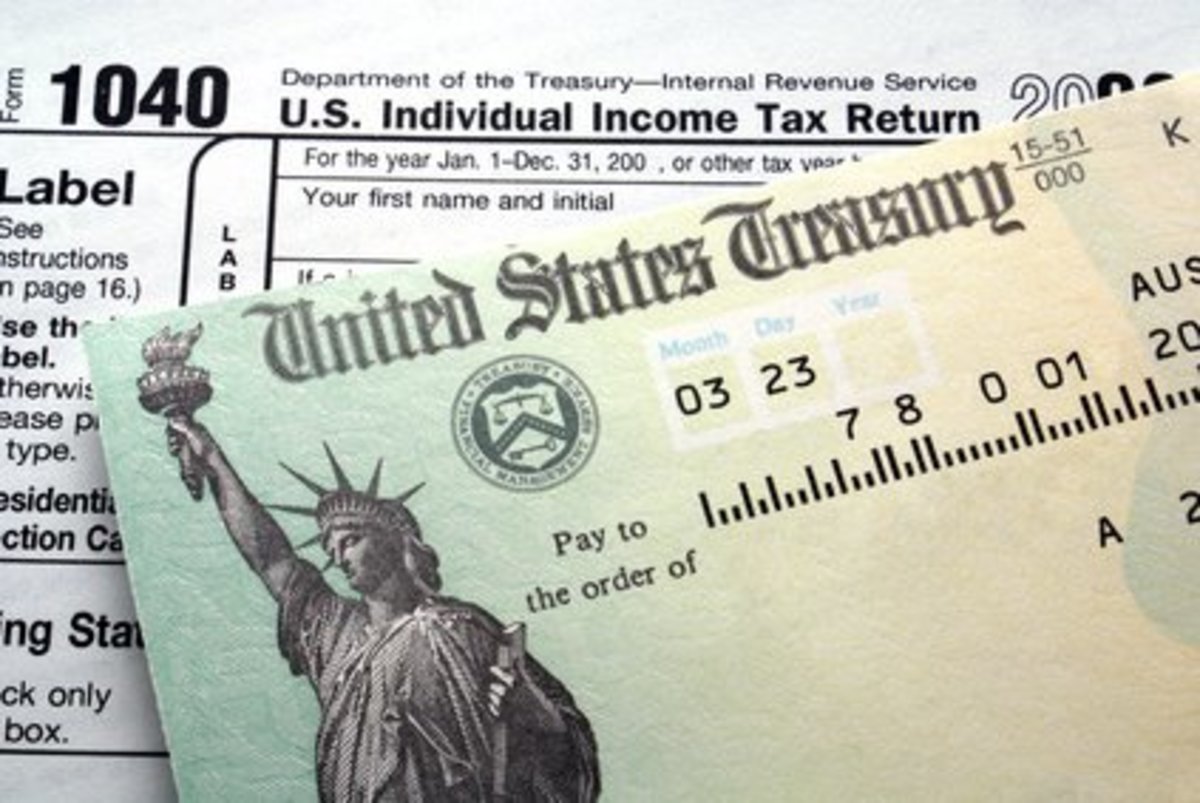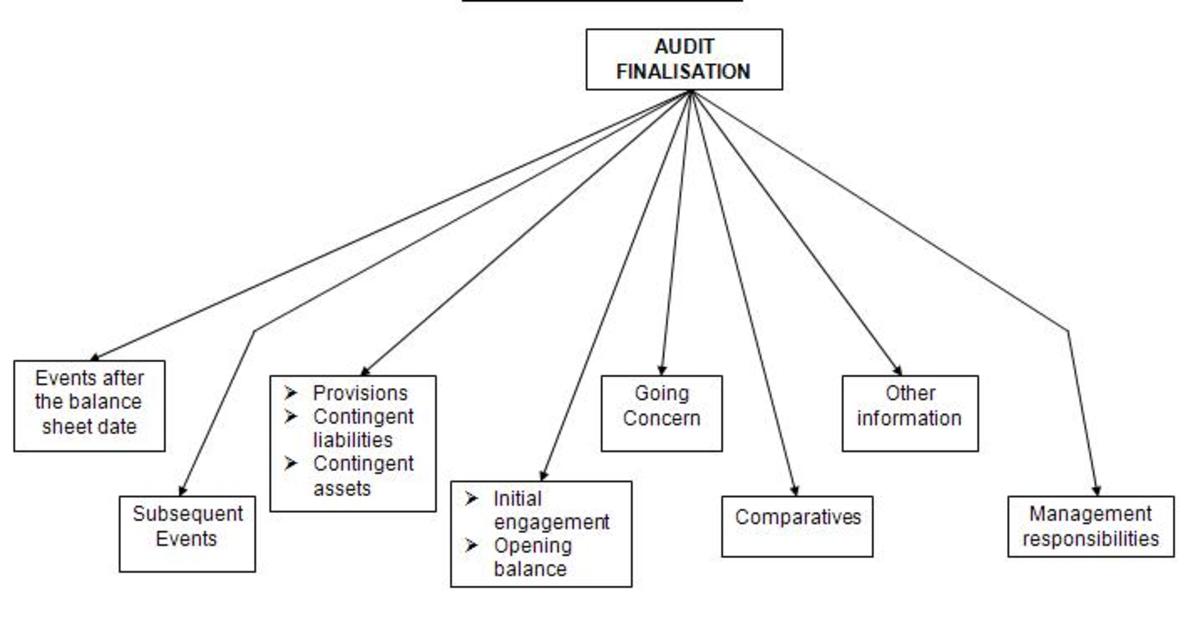Winning an IRS Audit and Appeal
Winning an IRS appeal takes planning plus knowledge of the IRS audit process and procedures. Twenty years ago, an IRS auditor had more latitude in resolving tax issues. Today, the auditor is limited to facts only. If you are missing paperwork, the item is disallowed.
Most IRS auditors don’t care about issues. They make a determination and assess tax. They inform you early on that you can appeal their decision and you should appeal in every circumstance they assess tax. Knowing how the IRS works in the audit and appeals process gives you the winning edge. You will not be informed of these inside tips to reduce or eliminate your tax assessment. The job of the IRS is to collect taxes, not reduce your tax burden.

How the Balance Due is Determined
Once you receive an IRS notice that you are being audited, your file has already been reviewed by the auditor to determine the likelihood of collecting additional tax. Certain items stand out, while others are easily verifiable. W-2s and 1099s are cross referenced to your return. If your return matches the IRS computer, in most cases the item is closed. Other items are easy to check on. Property taxes and when they are paid are public record. Trust me, the auditor will check when these items were paid.
Items that the IRS cannot independently verify are: business expenses, charitable contributions, and unreported income. The IRS auditor will review bank records to confirm income. An economic reality test may also be applied. If you have $20,000 in annual income and live in a million dollar mansion, you better have a good explanation, like an inheritance or a rich uncle that showers you in cash.
Business and rental real estate expenses are the number one thing the IRS looks at. It is the highest area of unreported income and fraud, and where the IRS gets the best bang for their buck. You must take special care if you own a business or rental properties. Good records will save you headaches and shorten any IRS audit. Once the IRS realizes it has nothing to gain, the auditor looks for the door as fast as possible.
- The IRS Audit Process and Procedures: A Survival Guide
You have nothing to fear from an IRS audit when you are armed with the weapons needed to beat the IRS at their own game. Know the IRS audit process and procedures to win. - Choosing the Best Wisconsin Tax Attorney
A letter from the IRS is never a good sign and when it brings an audit or demand for money, it is worse. When choosing a Wisconsin tax attorney, you need to take several steps to insure you hire the best. In... - 5 Steps to Retire Rich
From the beginning of my tax practice in 1982, I noticed people with serious wealth, defined as a liquid net worth of $10 million or more, have certain similar traits. Books have been written on the subject... - 9 Best Tax Software Programs
Before you choose an online tax preparation company, review the pros and cons of each of the major players below. The advertising blitz is on for your tax preparation dollars. The best deals, however, are... - 5 Best Wisconsin Tax Attorneys Ranked
There are times when a local accountant is not enough. Serious tax issues require a competent and experienced tax attorney. CPAs and enrolled agents are trained to handle correspondence and minor field and...
Who Should Appeal?
Missing receipts are the leading cause of additional taxes being assessed. For whatever reason, if documents are missing, the auditor will assess additional tax. They no longer have leeway in adjusting your tax liability without documentation.
The first step in winning an appeal, even if you are as wrong as the day is long, is to walk every step allowed by the Internal Revenue Code. There is nothing wrong with asking for leniency. Step one is to ask the auditor to have her supervisor review the disputed items. The supervisor can reduce the tax assessment for many items.
No matter how much the supervisor reduces your tax assessment, if you owe anything meaningful, file a formal appeal. The letter you get from the IRS will inform you where to file the appeal. Be honest when filing the appeal, but ask for a complete reduction in the assessment and the reason you feel you deserve the reduction.
In most cases you will not get a complete reduction. But in most cases you will get something. If you are not satisfied, file a tax court claim. The IRS attorneys work hard to keep things out of court and may offer you an even better deal. It only costs $60 to file and you can settle at any time.
Once the entire issue is resolved, consider abatement of any penalties assessed.
Final Notes
The IRS will assess taxes whenever they can. If they don’t understand, they send you a bill and it is up to you to defend yourself. Anyone can be audited at any time. It can be expensive for you, but it IS expensive for the IRS. Auditors make six figures plus benefits. They spend significant time in training, too. With the time they have left, they audit tax returns. The IRS cannot justify the audit expense unless they generate additional funds for the government. Don’t be an easy mark. Be firm. Use all the resources available to you. Take every step. It is your right. Don’t intentionally delay an audit. Do expect your rights to appeals and tax court.
Winning an IRS appeal is very possible. Do not consider an original tax assessment the final say. The auditor does not hate you. She is only doing her job. Use the procedures allowed by the Internal Revenue Code and win your IRS appeal. It is time well spent.









